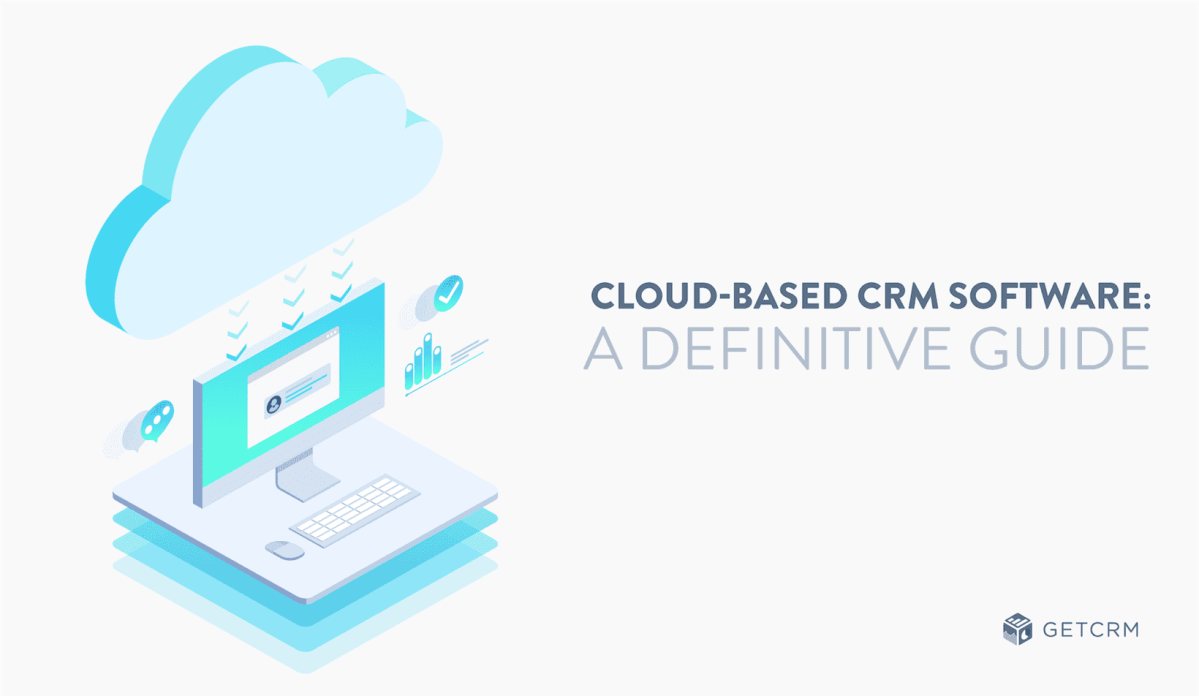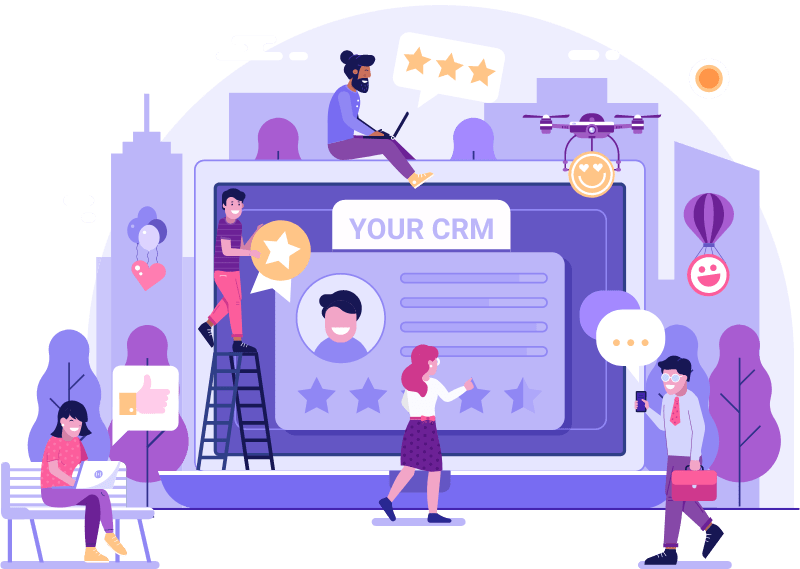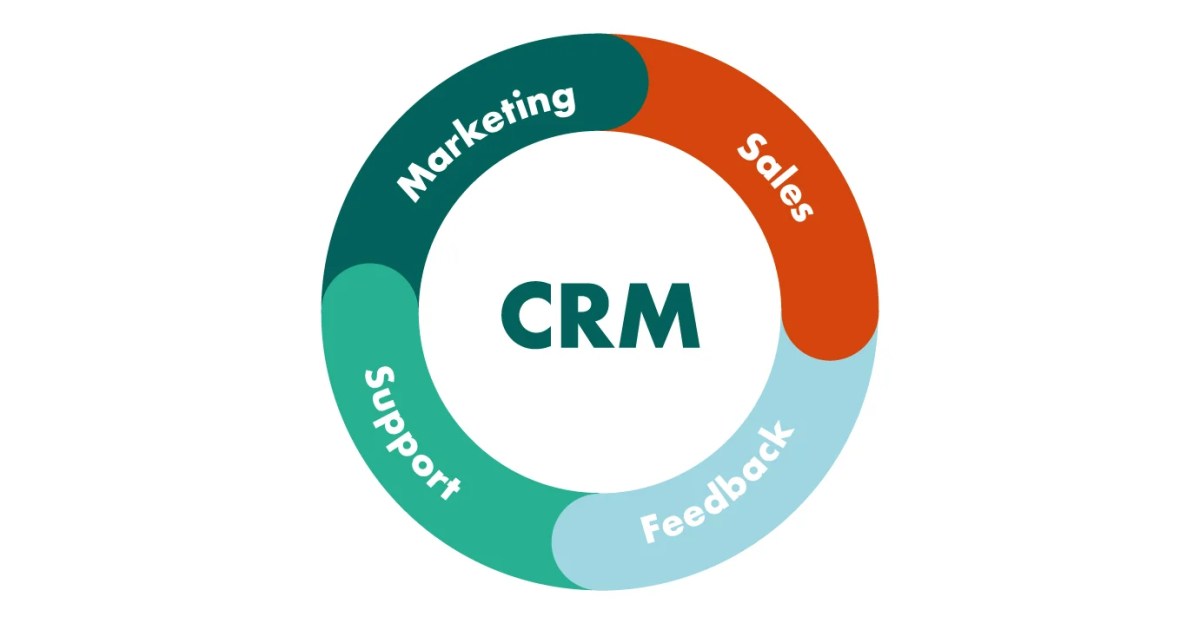Best Enterprise CRM Solutions: 7 Ultimate Power Tools for 2024
In today’s hyper-competitive business landscape, the right CRM can be your ultimate game-changer. Discover the best enterprise CRM solutions that drive growth, streamline operations, and supercharge customer relationships.
What Makes a CRM Truly ‘Enterprise-Grade’?
Not all CRMs are built to handle the complexity and scale of large organizations. Enterprise CRM systems go beyond basic contact management—they integrate sales, marketing, customer service, analytics, and automation across global teams and multiple business units. These platforms must be scalable, secure, customizable, and capable of handling vast data volumes in real time.
Scalability and Performance Under Pressure
One of the defining traits of the best enterprise CRM solutions is their ability to scale seamlessly as your business grows. Whether you’re adding thousands of new users or expanding into new markets, the system must maintain performance without lag or downtime. Platforms like Salesforce and Microsoft Dynamics 365 are engineered with cloud-native architectures that allow dynamic resource allocation, ensuring consistent performance even during peak loads.
- Support for millions of records and concurrent users
- Global data center distribution for low-latency access
- Auto-scaling infrastructure powered by AWS, Azure, or Google Cloud
For example, Salesforce leverages its Hyperforce architecture to deliver multi-cloud, multi-region deployment options, making it one of the most scalable enterprise CRM solutions on the market.
Security, Compliance, and Data Governance
Enterprise organizations face strict regulatory requirements—GDPR, HIPAA, CCPA, SOC 2, and more. The best enterprise CRM solutions come equipped with advanced security protocols including end-to-end encryption, role-based access control, audit trails, and automated compliance reporting.
- Advanced identity management with SSO and MFA integration
- Granular permission settings across teams, regions, and functions
- Real-time threat detection and anomaly monitoring
“Security isn’t a feature—it’s a foundation. In enterprise CRM, trust is non-negotiable.” — Gartner Research, 2023
Oracle CX, for instance, offers built-in compliance dashboards and data residency controls, allowing enterprises to meet local regulations in over 140 countries—critical for multinational corporations.
Top 7 Best Enterprise CRM Solutions in 2024
The market is flooded with CRM platforms, but only a few deliver the robustness, integration depth, and innovation required at the enterprise level. After extensive research, benchmarking, and user feedback analysis, we’ve identified the seven most powerful enterprise CRM solutions dominating 2024.
1. Salesforce Sales Cloud: The Undisputed Leader
Salesforce continues to lead the pack as the most widely adopted enterprise CRM globally. Its Sales Cloud platform offers AI-powered forecasting, real-time collaboration, and deep third-party integrations via AppExchange.
- AI-driven insights with Einstein Analytics
- Customizable workflows and automation rules
- Seamless integration with Slack for team collaboration
Salesforce’s ecosystem is unmatched, with over 3,000 pre-built apps and connectors. According to Gartner, it holds the top position in the Magic Quadrant for CRM Customer Engagement Centers for the 12th consecutive year.
2. Microsoft Dynamics 365: Seamless Integration with Office 365
For organizations deeply embedded in the Microsoft ecosystem, Dynamics 365 offers a compelling blend of CRM and ERP functionality. It integrates natively with Outlook, Teams, SharePoint, and Power BI, reducing training time and boosting user adoption.
- Unified interface across sales, service, and marketing modules
- Power Platform integration for custom app development
- AI for Sales and Customer Service insights
Dynamics 365 also benefits from Microsoft’s enterprise-grade security and compliance framework, making it ideal for regulated industries like finance and healthcare.
3. Oracle CX Unity: Real-Time Customer Data Platform
Oracle has made significant strides with its CX Unity platform, which acts as a real-time customer data platform (CDP) that unifies profiles from disparate sources. This makes it one of the best enterprise CRM solutions for organizations focused on personalization at scale.
- AI-powered recommendations and journey orchestration
- Pre-built industry templates for retail, telecom, and banking
- Integration with NetSuite and Oracle ERP Cloud
Oracle’s investment in machine learning allows CX Unity to predict churn, recommend next-best actions, and deliver hyper-personalized experiences across digital touchpoints.
Best Enterprise CRM Solutions: Evaluating Core Features
When selecting from the best enterprise CRM solutions, it’s crucial to evaluate them based on core capabilities that directly impact ROI, user productivity, and customer satisfaction. Let’s break down the essential features every enterprise should prioritize.
AI and Predictive Analytics
Artificial intelligence is no longer a luxury—it’s a necessity. The best enterprise CRM solutions embed AI into daily workflows to surface actionable insights, automate repetitive tasks, and improve decision-making.
- Sales forecasting accuracy improved by up to 40% with AI models
- Chatbots and virtual assistants reducing support ticket volume
- Sentiment analysis on customer interactions for proactive engagement
Salesforce Einstein and Microsoft Relationship Sales are prime examples of how AI enhances lead scoring, opportunity insights, and email prioritization.
Workflow Automation and Process Orchestration
Manual processes slow down enterprise operations. Automation within CRM systems can streamline everything from lead assignment to contract approvals.
- Drag-and-drop workflow builders for non-technical users
- Approval chains with conditional logic and escalation rules
- Integration with RPA (Robotic Process Automation) tools like UiPath
For example, SAP Customer Experience allows businesses to automate complex B2B sales cycles involving multiple stakeholders, pricing tiers, and approval hierarchies.
Omni-Channel Engagement Capabilities
Customers expect seamless experiences across email, phone, chat, social media, and self-service portals. The best enterprise CRM solutions provide unified omni-channel routing and engagement tools.
- Centralized inbox for all customer communications
- Skill-based agent routing in contact centers
- Consistent context across channels (no repetition)
Zendesk Sunshine, built on AWS, enables enterprises to connect any data source and deliver personalized support across voice, messaging, and community forums.
Integration Ecosystem: Why It Matters in Best Enterprise CRM Solutions
No CRM operates in isolation. Enterprises rely on dozens of systems—ERP, HRIS, marketing automation, e-commerce, and legacy databases. The strength of a CRM’s integration ecosystem determines its long-term viability.
Native vs. Third-Party Integrations
While native integrations (e.g., Salesforce with Tableau or Microsoft Dynamics with Power BI) offer smoother performance and lower maintenance, third-party tools via APIs and middleware platforms like MuleSoft or Zapier expand flexibility.
- Pre-built connectors reduce implementation time by 50%+
- REST/SOAP APIs enable custom integrations with internal systems
- Event-driven architecture supports real-time data sync
Salesforce’s MuleSoft acquisition has significantly enhanced its integration capabilities, allowing enterprises to connect cloud, on-premise, and SaaS applications through Anypoint Platform.
API-First Design and Developer Experience
Modern enterprise CRMs are built with developers in mind. An API-first approach ensures that customization and extension are not afterthoughts but core design principles.
- Comprehensive API documentation and sandbox environments
- Support for GraphQL, Webhooks, and OAuth 2.0
- Developer communities and SDKs for rapid prototyping
HubSpot, while often associated with SMBs, has expanded its enterprise offerings with a robust API suite and private apps functionality, making it a contender for mid-sized enterprises seeking agility.
Total Cost of Ownership (TCO) of Best Enterprise CRM Solutions
While upfront licensing fees are visible, the true cost of a CRM extends far beyond subscription prices. Enterprises must consider implementation, training, customization, integration, and ongoing support when evaluating the best enterprise CRM solutions.
Licensing Models: Per User, Per Module, or Consumption-Based?
Vendors use different pricing strategies:
- Salesforce: Tiered per-user pricing (Essentials, Professional, Enterprise, Unlimited)
- Dynamics 365: Modular licensing (Sales, Customer Service, Marketing apps)
- Oracle CX: Often sold as part of a suite or consumption-based for specific features
Unexpected costs often arise from add-ons like AI features, storage overages, or premium support. A seemingly affordable plan can double in cost once all necessary modules are included.
Hidden Costs: Implementation and Customization
Implementation alone can cost 2–5x the annual license fee, especially for complex deployments. Custom workflows, data migration, and integration with legacy systems require skilled consultants.
- Average implementation timeline: 6–12 months for large enterprises
- Need for certified partners (e.g., Accenture, Deloitte, PwC)
- Ongoing costs for change management and user training
According to Nucleus Research, companies that invest in proper change management see 3x higher ROI from their CRM systems.
User Adoption and Training: The Silent Success Factor
Even the most powerful CRM fails if employees don’t use it. Low adoption rates are one of the top reasons CRM projects underdeliver. The best enterprise CRM solutions prioritize usability, mobile access, and intuitive design.
Intuitive UI/UX and Mobile Accessibility
A cluttered interface discourages usage. Modern CRMs like Zoho CRM Plus and Freshworks offer clean, role-based dashboards that reduce cognitive load.
- Role-specific views for sales reps, managers, and support agents
- Offline mobile access with automatic sync
- Voice-to-text logging and AI-assisted note-taking
Freshsales (by Freshworks) stands out with its gamified UI and AI-powered activity capture, reducing manual data entry by up to 70%.
Change Management and Continuous Learning
Training shouldn’t end at onboarding. Enterprises need ongoing programs to keep users engaged and informed about new features.
- In-app guidance and interactive walkthroughs
- Microlearning videos and certification paths
- Internal CRM champions and feedback loops
Microsoft’s Learn platform offers free, role-based training for Dynamics 365, helping organizations build internal expertise without heavy reliance on external consultants.
Future Trends Shaping the Best Enterprise CRM Solutions
The CRM landscape is evolving rapidly. The best enterprise CRM solutions aren’t just reacting to trends—they’re setting them. Here’s what’s on the horizon.
AI-Powered Hyper-Personalization
Next-gen CRMs will leverage AI to deliver real-time, context-aware experiences. Imagine a sales rep receiving a pop-up with a customer’s recent social media sentiment before a call—or a support agent getting an auto-generated response based on past interactions.
- Predictive content recommendations
- Dynamic pricing suggestions based on customer behavior
- Automated journey personalization across channels
Salesforce’s upcoming Einstein GPT for Service is already generating natural language responses in real time, reducing agent workload.
Embedded Analytics and Decision Intelligence
Instead of exporting data to BI tools, future CRMs will offer embedded analytics with prescriptive insights.
- “Why did sales drop last quarter?” answered automatically
- Scenario modeling for sales targets and resource allocation
- Automated anomaly detection in customer behavior
Oracle Analytics within CX Unity already provides self-service dashboards with natural language queries, allowing non-technical users to explore data intuitively.
Sustainability and Ethical AI in CRM
As ESG (Environmental, Social, Governance) becomes a boardroom priority, CRMs will incorporate sustainability metrics and ethical AI frameworks.
- Carbon footprint tracking for customer interactions
- Bias detection in AI-driven recommendations
- Transparency in data usage and consent management
Microsoft is leading here with its AI Ethics Guidelines and carbon-aware cloud infrastructure, influencing how Dynamics 365 handles data and automation.
What defines the best enterprise CRM solutions?
The best enterprise CRM solutions are scalable, secure, AI-powered platforms that integrate seamlessly with existing systems, offer omni-channel engagement, and drive high user adoption through intuitive design and robust training support.
Which CRM is most used by large enterprises?
Salesforce is the most widely adopted CRM among large enterprises, followed closely by Microsoft Dynamics 365 and Oracle CX, due to their scalability, ecosystem strength, and industry-specific capabilities.
How much does an enterprise CRM cost?
Enterprise CRM costs vary widely. Licensing can range from $300 to $3000+ per user per year, with total implementation costs (including consulting, integration, and training) often reaching $500,000+ for large deployments.
Can small businesses use enterprise CRM solutions?
While possible, enterprise CRMs are typically overkill for small businesses due to complexity and cost. SMBs often benefit more from streamlined platforms like HubSpot or Zoho CRM, which offer enterprise-like features at lower price points.
What’s the future of CRM in enterprise?
The future lies in AI-driven personalization, embedded analytics, ethical AI, and sustainability integration. The next generation of best enterprise CRM solutions will act as intelligent command centers for customer experience, not just data repositories.
Choosing the right CRM is one of the most strategic decisions an enterprise can make. The best enterprise CRM solutions do more than manage contacts—they transform customer relationships into competitive advantages. From Salesforce’s AI-powered ecosystem to Microsoft’s seamless Office integration and Oracle’s real-time CDP, the top platforms offer unmatched scalability, security, and innovation. However, success depends not just on the software, but on implementation, user adoption, and alignment with business goals. As AI, automation, and ethical tech reshape the landscape, the future of CRM is intelligent, integrated, and indispensable. Invest wisely, train thoroughly, and leverage data strategically to unlock the full potential of your customer relationships.
Best Enterprise CRM Solutions – Best Enterprise CRM Solutions menjadi aspek penting yang dibahas di sini.
Recommended for you 👇
Further Reading:


